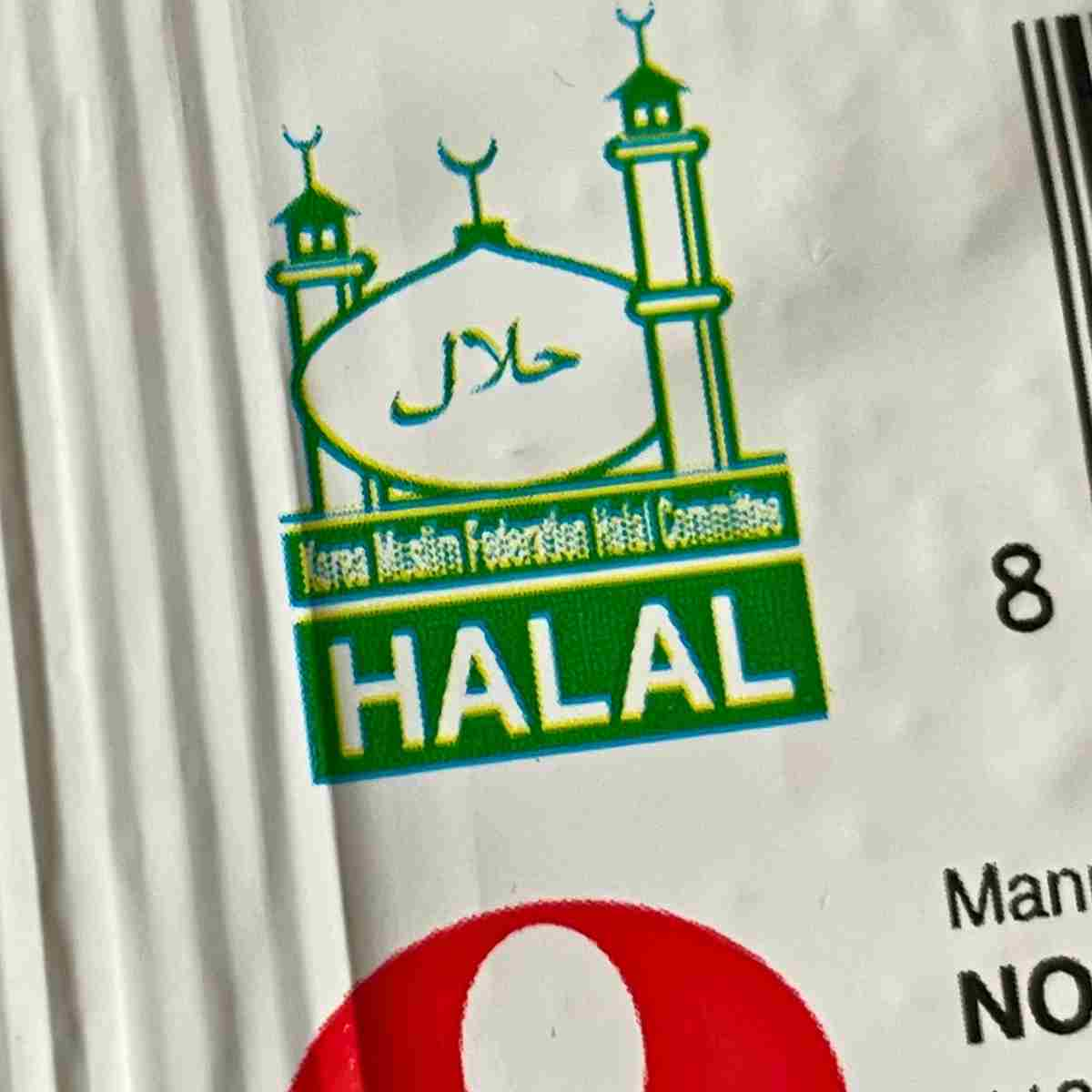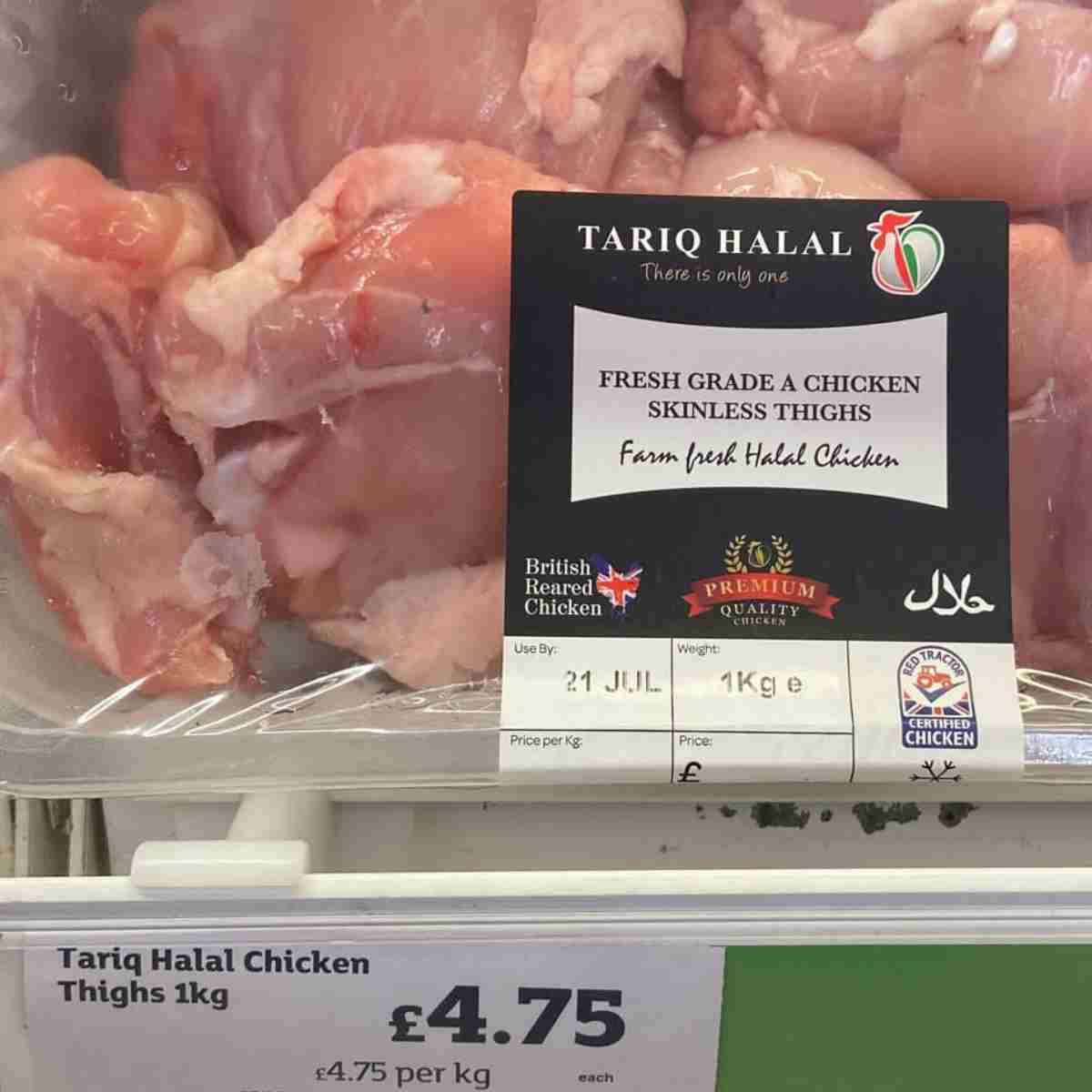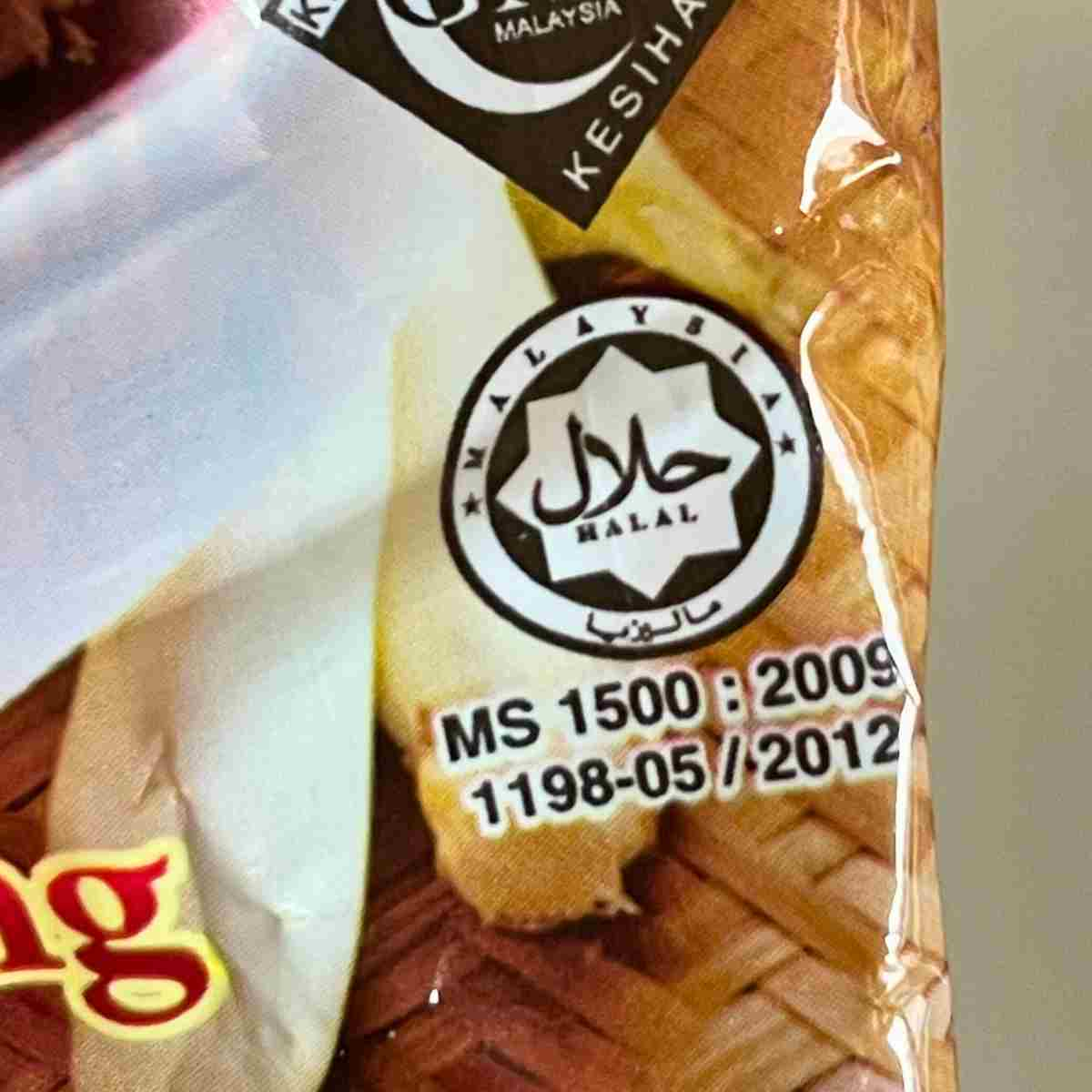Halal is an Arabic word that means "allows or permits" and is the opposite of haram, "impermissible or unlawful". Halal food is any food that abides by Islamic Sharia law and is typically consumed by practising Muslims.
Here, we will explain what types of food are considered permissible and how halal meat is prepared and handled. In addition, we will also explain how it is certified in some countries like the US and UK.

Please note that this article serves as introductory, educational content for non-muslim readers. We do not provide our opinion on the differences in practices worldwide or whether the procedure is humane. If you want further information on the topic, we have included authoritative sources cited at the end of this article.
Jump to:
What is Halal food?
Halal food is any food or product prepared and handled according to Islamic Sharia law, as interpreted in the Quran.
In general, halal food will have no trace of pork or alcohol and does not mix haram products. Here are some types of halal food:
- Fruit
- Vegetables
- Fish
- Chicken
- Lamb
- Beef
- Duck
- Eggs
Halal meat is usually labelled in supermarkets as it is prepared and handled in a particular way. Meanwhile, other food items such as fruit and vegetables do not need labelling.

While some foods are commonly understood as permitted or haram by Islamic scholars, like many religious laws, some foods can be open to interpretation.
For example, some Muslims may consider dairy products haram because of the elimination of non-productive male chicks or calves at birth as well as the use of animal rennet.
In addition, animals that are fed haram products such as additives as part of their diet by farmers may be considered unlawful by other Muslims. Meanwhile, the Hanafi school of thought believe shellfish is haram.
Who can eat Halal food?
Although practising Muslims can only eat halal food, anyone can eat halal food. This is because halal food is classified by how the food is processed and what ingredients are included.
A more familiar concept would be veganism or kosher food in Judaism. Anyone can eat vegan food. However, vegans will only eat vegan food because of their beliefs.
What is Halal meat?
The difference between Halal meat and regular meat is that a Muslim butcher prepares it according to the Islamic slaughter method called Dhabihah or Zabiha.
For meat to be considered permissible in Islamic law, the following basic halal meat requirements must be satisfied:
- The animal is alive and healthy before the act.
- A sane adult Muslim must perform a mandatory religious recitation for each animal.
- A swift and humane incision renders the animal insensible to pain.
- The butcher must carry out the process by hand, not by machine.
- 3 out of 4 of the main vessels (carotid arteries, windpipe and jugular veins) are cut to drain all blood.
Consumption of an animal's blood is advised against under Islamic law and is why the animal must be drained of its blood to be considered lawful. Likewise, carrion meat, decaying flesh of dead animals, is considered haram.
While more specifics vary depending on the country and the regulating organisations' interpretation of the Quran, the above are the basic requirements to comply with Islamic law.
The varying criteria are usually around the slaughterhouse's conditions, the animal's welfare, consciousness throughout the process and incisions.

Religious recitation
Depending on the certifying organisation, the religious requirement of prayer or call will differ.
For example, some organisations require a prayer to be performed (Shahada or Tasmiya) by the butcher. In comparison, others may only need “Bismillahi-Allahu Akbar” to be recited by the butcher.
The British Halal Food Authority states that such recitation is not mandatory according to the Books of Fatawas. In addition, decibels in modern plants are so high that even the butcher has to wear earplugs.

Treatment of the animal
Some national certification bodies state that the animal must not have been mistreated or witnessed the death of another animal. The butcher or farm must also provide the animal with enough space to roam, clean water, food and fresh air.
Can an animal be stunned or not?
In the process, an animal that is "stunned but not killed" can be considered halal. According to the Department of Halal Certification EU, a Muslim butcher can use a low voltage shock to calm down or mitigate the violence of animals during the Islamic preparation. However, the meat will only be considered halal if the voltage does not slaughter the animal and all other conditions are met by the butchery.
Haram meat
There are some types of meat that Islamic scholars advise against consuming due to the interpretations of the Quran. Animals that Muslims considered haram to eat include:
- Pork and its by-products
- Donkeys, mules, and horses
- Fanged animals (i.e. cats and dogs)
- Birds of prey
- Reptiles
Is Kosher food halal?
Generally speaking, many kosher dishes are safe, halal food options for Muslims. However, some exceptions practising Muslims should be aware of.
Kosher diet is dishes and drinks that abide by Jewish law. Coincidentally, many kosher diet guidelines fall within the same borders as the Islamic diet restrictions. For example, similar to the Muslim diet, Jewish laws prohibit the consumption of carrion, pork meat, and blood.
Having said that, the Jewish diet does allow the consumption of alcohol. In addition, kosher dishes served in restaurants may use gelatin from non-permissible meat sources. Therefore, we recommend that observant Muslims be careful on these two matters, particularly when dining at a kosher cuisine spot.
Is vegetarian food halal?
Many vegetarian dishes are halal food options, except for products that use alcohol. Depending on the school of thought, some Muslims consider vegetarian meals that use eggs and dairy haram.
This falls under the same rationale that animals raised with a haram diet or raised on a farm that disposes of male chicks and calves at birth. Some Muslims can consider both as not permissible for consumption.

So, depending on how an individual interprets Islamic law, the range of halal and vegetarian dishes for Muslims to consume may vary.
Is vegan food halal?
Most vegan dishes are practically halal food as they would not contain any animal products. The only exception is vegan dishes which use alcohol. So, as long as Muslims avoid vegan dishes with alcohol content, they are good to go!
References
https://www.gov.uk/guidance/halal-and-kosher-slaughter
https://halalhmc.org/about/hmc-criteria-for-halal/
https://halalcertification.ie/islamic-method-of-slaughtering/
http://halalfoodauthority.com/FAQs.html
https://www.mandreel.com/malaysia/jakim-halal-certification-consultancy/
https://www.halal.gov.my/v4/index.php?data=bW9kdWxlcy9uZXdzOzs7Ow==&utama=panduan&ids=gp1

Leave a Reply